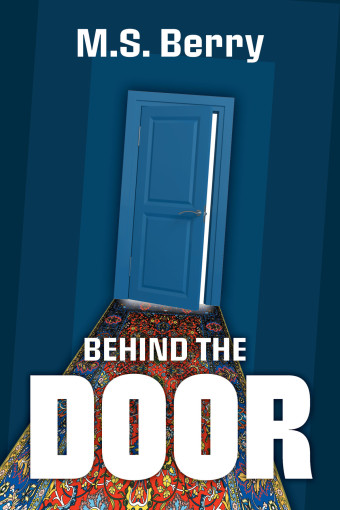Katie Bickell’s debut novel, Always Brave, Sometimes Kind, is a series of stories reminiscent of a jigsaw puzzle, with pieces that interlock and build into an extraordinary, complex picture of Alberta through two decades.
“At various points throughout the creation of this novel the walls of my office were covered in Post-it notes with lines drawn from characters and dates and family trees,” Bickell says. The result of this creative industry is a richly textured and absorbing book.

- Always Brave, Sometimes Kind
- Katie Bickell
- Touchwood Editions
- $22.00 Paperback, 272 pages
- ISBN: 978-19-27366-91-2
It begins in 1995 in a hospital dealing with government cutbacks affecting patient care, an exhausted Doctor Rhanji, and nursing students filling in as volunteers. The child Jude is introduced in the first chapter – he is the thread guiding the reader through Always Brave, Sometimes Kind.
The narrative occasionally flips back in time, weaving in the stories of other characters, fleshing out details. And the characters are a mixed bag. As well as Dr Rhanji and Jude, we meet Lacey, Patricia (daughter of the fearsome Mariam), tough kid Shannon, and their teacher, Mrs. Simperson. And, as they say, a cast of thousands.
“As I wrote Shannon and Lacey’s stories, new elements or characters were introduced, and I started imagining stories for the newcomers as well,” explains Bickell.
“While these stories didn’t have a clear collective sense of forward momentum, the Albertan themes were starkly obvious: all included jabs at current or past government policy and/or popular culture, and all embodied a sort of salt-of-the-earth, self-determined grittiness, ambition, and simple warmth that I think is reflective of many of us ‘Prairie people.’”
Bickell touches on many of the societal issues affecting Alberta in the time period covered: ups and downs in the oil industry, missing and murdered Indigenous women, politics in First Nations communities, and consequences of the ’60s Scoop.
To portray these topics realistically, Bickell had to do “so much research.”

“I’ve always been interested in local current events, so I was pretty on top of the things I was studying, but I was constantly going back to recheck dates and facts like the 1995 laundry workers’ strike, or the 2002 Alberta teachers’ strike,” she says.
“When it came to such topics as missing or murdered Indigenous women, residential schools, or Indigenous politics, I was very fortunate to receive insight in this area from Indigenous leaders I was working with at the time.”
Another strong theme is that of absent mothers. Broken parental relationships are part of the Indigenous characters’ stories, but are not limited to them: other mothers and daughters are separated by mental illness, lack of loving, or bad parenting skills. At the same time, there are instances of healing throughout the novel, as it builds to a very satisfying ending.
Bickell employs the mantra “Always brave, sometimes kind” in her own life. “There’s one thing I owe others: kindness. There’s one thing I owe myself: courage,” she says.
“I try to move through life with these gifts in either hand.”













